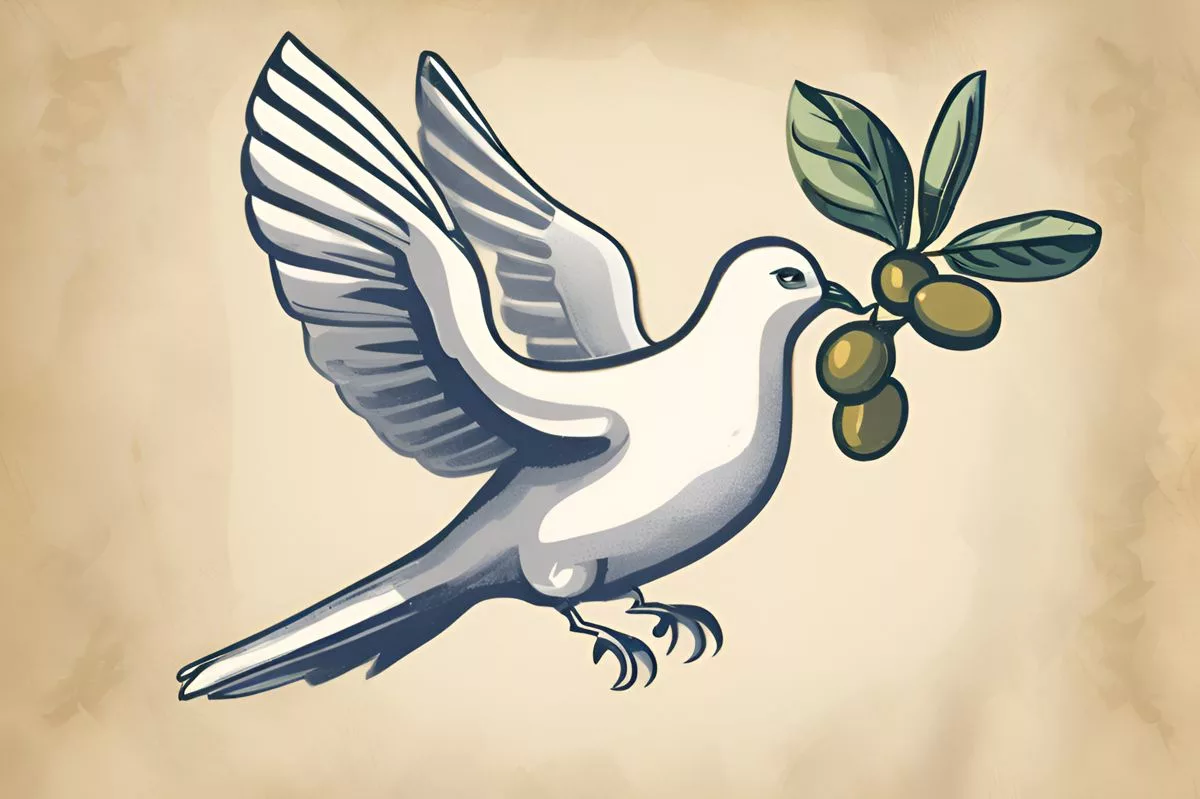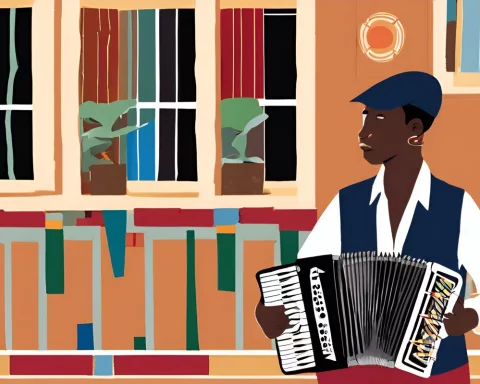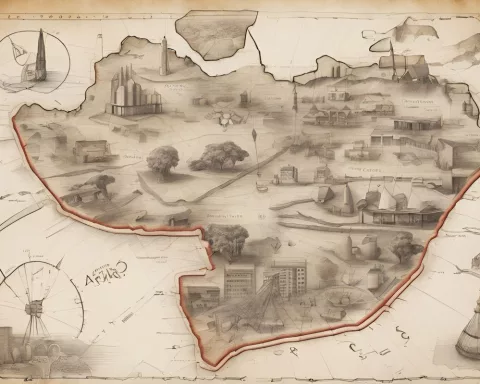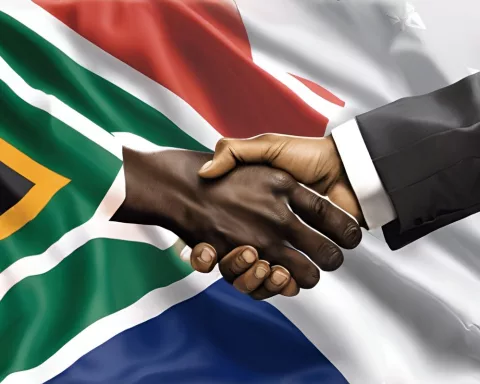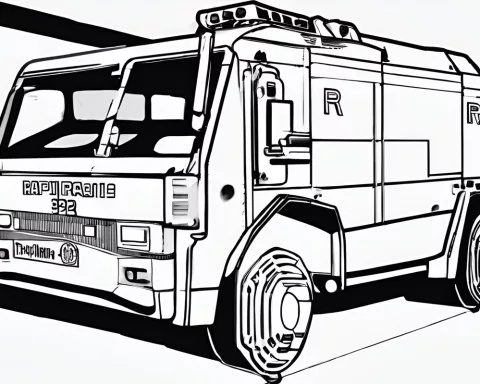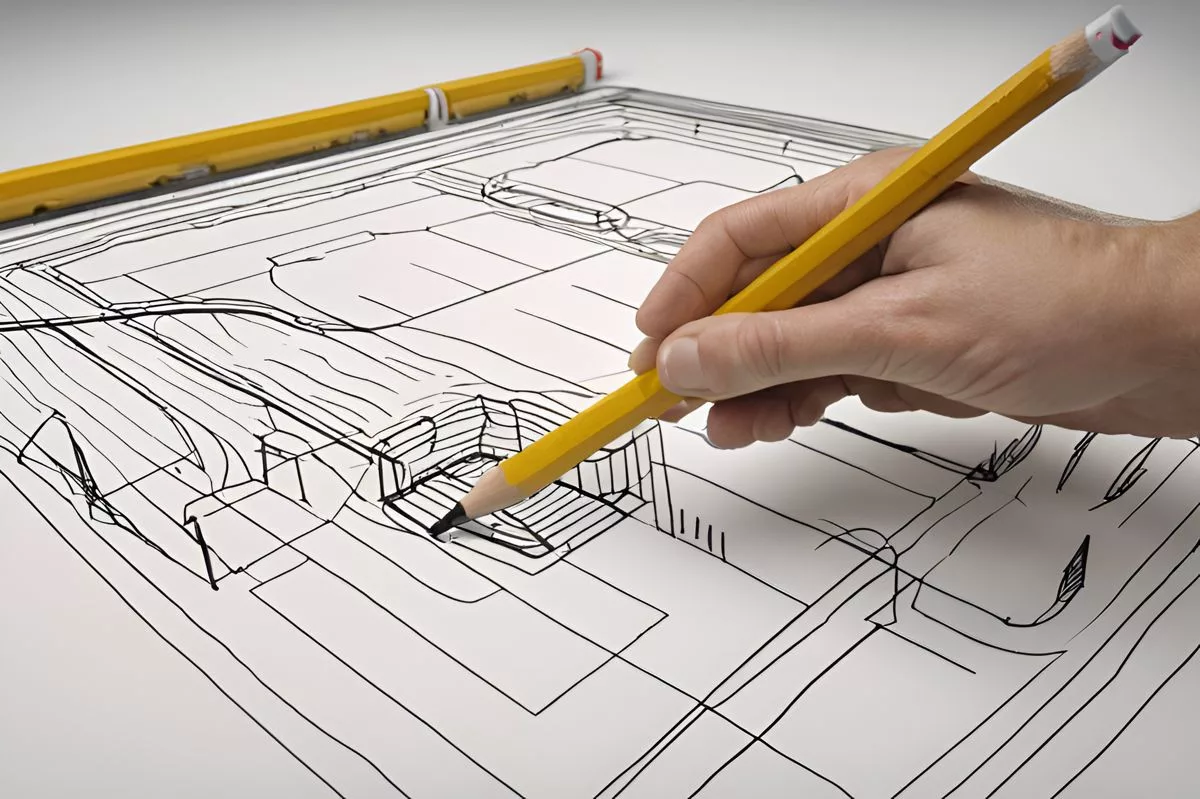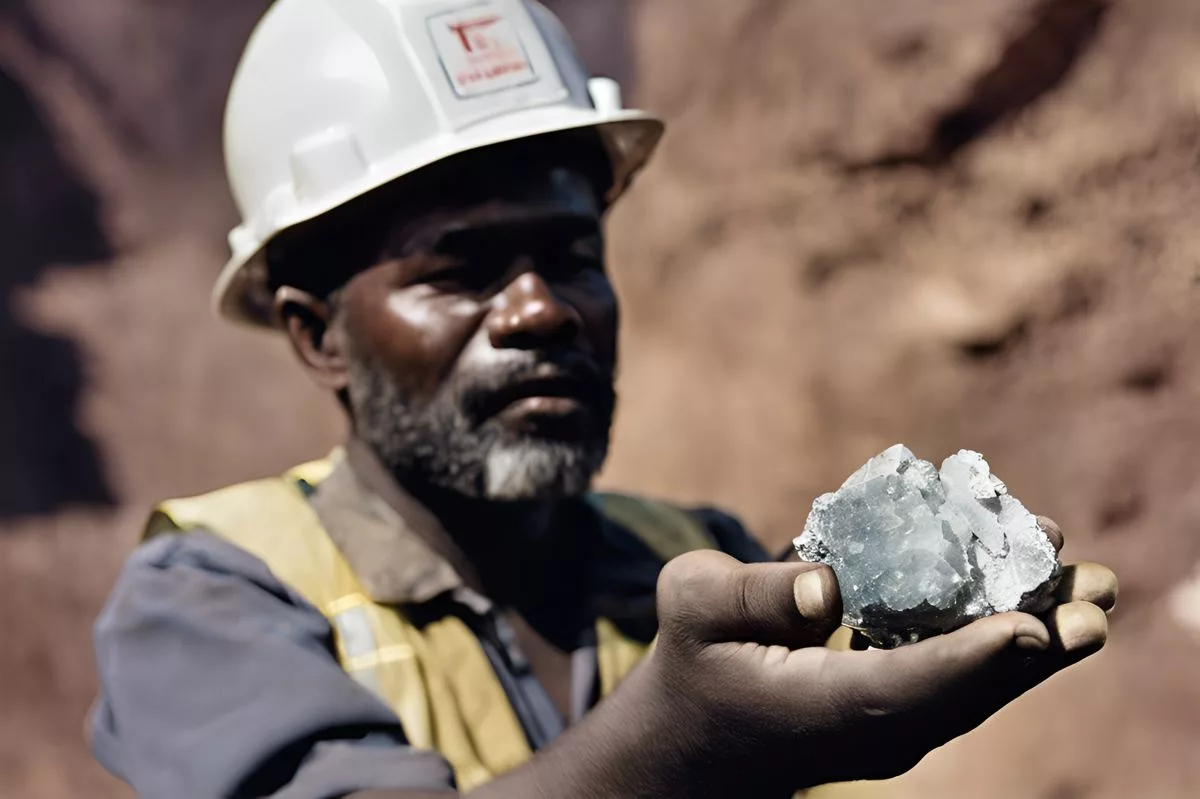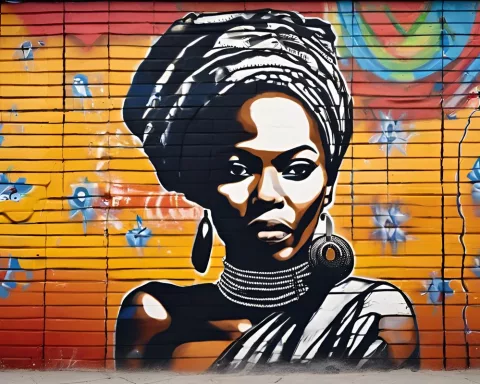South Africa’s fight against racial prejudice and apartheid has had a significant impact on the post-apartheid landscape of the country. The African National Congress, which led the fight, was founded in 1912 and welcomed people from all walks of life. Their legacy includes advocating for equal human rights, both locally and globally, and influencing South Africa’s approach to international relations. South Africa’s support for international law contrasts with the ongoing struggle for a sovereign Palestinian state, where Palestinians are denied basic human rights and self-determination.
South Africa’s historical battle against the dual onslaught of racial prejudice and apartheid is a universally recognized narrative, and yet, one key aspect remains critically under-analyzed. That aspect involves the profound impact that this historical event has had on the democratic, post-apartheid landscape of South Africa.
South Africa’s Contribution to Equal Rights
South Africa’s historical battle against the dual onslaught of racial prejudice and apartheid is a universally recognized narrative, and yet, one key aspect remains critically under-analyzed. That aspect involves the profound impact that this historical event has had on the democratic, post-apartheid landscape of South Africa.
Leading this fight for justice was the African National Congress (ANC), a liberation organization established in 1912. Initially, the ANC took a stance against impending racial legislation, which loomed as a dire threat to dispossess African individuals of their land. Such legislation would have relegated these people to a life of poverty in rural communities, where their survival would hinge on income generated through serving the white-owned capital in South Africa’s mining metropolises.
From its very inception, the ANC was an organization that welcomed all, including traditional leaders, academics, legal professionals, and religious figures. One individual of note was Charlotte Maxeke, the only female delegate at the first conference. Her participation was the subject of heated discussion until the male majority ultimately agreed.
The Legacy of the ANC
The ANC’s establishment and its enduring existence have equipped it with an unparalleled character and responsibility. The organization’s footprint can be traced back to the First and Second World Wars, during which it stood as an advocate for the rights and dignity of black volunteers. These volunteers bravely exposed themselves to danger despite being stripped of their right to carry arms. Even in this politically tumultuous period, the ANC remained staunchly committed to the equal and universal application of human rights.
On a global stage, the ANC extended its influence to lobby leaders, organizations, and individuals to promote modern, progressive ideals. This lobbying effort is particularly evident in their creation of the African Claims document in 1943 and the Freedom Charter, which was adopted by a Congress of the People in 1955. Both documents signify the organization’s shift towards advocating for legal human rights for every South African.
South Africa’s constitutional bill of rights and its approach to international relations have been greatly influenced by this history. A significant outcome of this influence is the concept of international solidarity, which the ANC leveraged to rally human rights enthusiasts worldwide to join South Africa’s fight against apartheid. This principle continues to play a significant role in shaping South Africa’s foreign policy in the post-apartheid era.
International Law and The Palestinian Dilemma
South Africa is a strong proponent of international law as a means of protecting the most vulnerable. It is therefore utterly perplexing to South African freedom fighters that international law is often viewed as a tool for the powerful, rather than a shield for the weak.
This connects us to the often contentious Palestinian dilemma, a historical issue that predates even the formation of the United Nations in 1948. The Palestinian issue, as it is referred to within the United Nations, primarily pertains to the self-determination rights of the Palestinian people. According to international law, these rights allow Palestinians to resist the illegal occupation of their land.
The Ongoing Struggle for A Palestinian State
Over seven decades have elapsed since the UN General Assembly endorsed Resolution 181 (II), which acknowledged the division of Palestine and proposed the creation of two independent states. Despite this, the vision of a sovereign Palestinian state is yet to be realized.
In a striking parallel, Palestinians, much like the black volunteers during the World Wars, have been stripped of their most basic human rights and relegated to the status of second-class citizens on the world stage. This sentiment is exemplified by the words of Israel’s first Prime Minister, David Ben Gurion, who elucidated the reasoning behind…
What is the African National Congress (ANC)?
The African National Congress (ANC) is a liberation organization established in 1912 that led the fight against racial prejudice and apartheid in South Africa. The organization welcomed people from all walks of life and advocated for equal human rights, both locally and globally, and influenced South Africa’s approach to international relations.
How has the ANC impacted the post-apartheid landscape of South Africa?
The ANC’s fight for justice has had a profound impact on the democratic, post-apartheid landscape of South Africa. Its establishment and enduring existence have equipped it with an unparalleled character and responsibility. The organization’s footprint can be traced back to the First and Second World Wars, during which it stood as an advocate for the rights and dignity of black volunteers. South Africa’s constitutional bill of rights and its approach to international relations have been greatly influenced by this history.
What is the Palestinian dilemma?
The Palestinian dilemma primarily pertains to the self-determination rights of the Palestinian people, according to international law, which allows Palestinians to resist the illegal occupation of their land. The ongoing struggle for a sovereign Palestinian state has been an issue for over seven decades and is yet to be realized.
How is South Africa involved in the Palestinian issue?
South Africa is a strong proponent of international law as a means of protecting the most vulnerable. It is therefore perplexing to South African freedom fighters that international law is often viewed as a tool for the powerful, rather than a shield for the weak. South Africa’s support for international law contrasts with the ongoing struggle for a sovereign Palestinian state, where Palestinians are denied basic human rights and self-determination.
What is the significance of international solidarity in South Africa’s fight against apartheid?
International solidarity played a significant role in shaping South Africa’s foreign policy in the post-apartheid era. The ANC leveraged this principle to rally human rights enthusiasts worldwide to join South Africa’s fight against apartheid.
Why is the Palestinian issue important?
The Palestinian issue is an ongoing struggle for basic human rights and self-determination. Palestinians have been stripped of their most basic human rights and relegated to the status of second-class citizens on the world stage. The vision of a sovereign Palestinian state is yet to be realized, and the situation continues to be a source of tension and conflict in the region.

